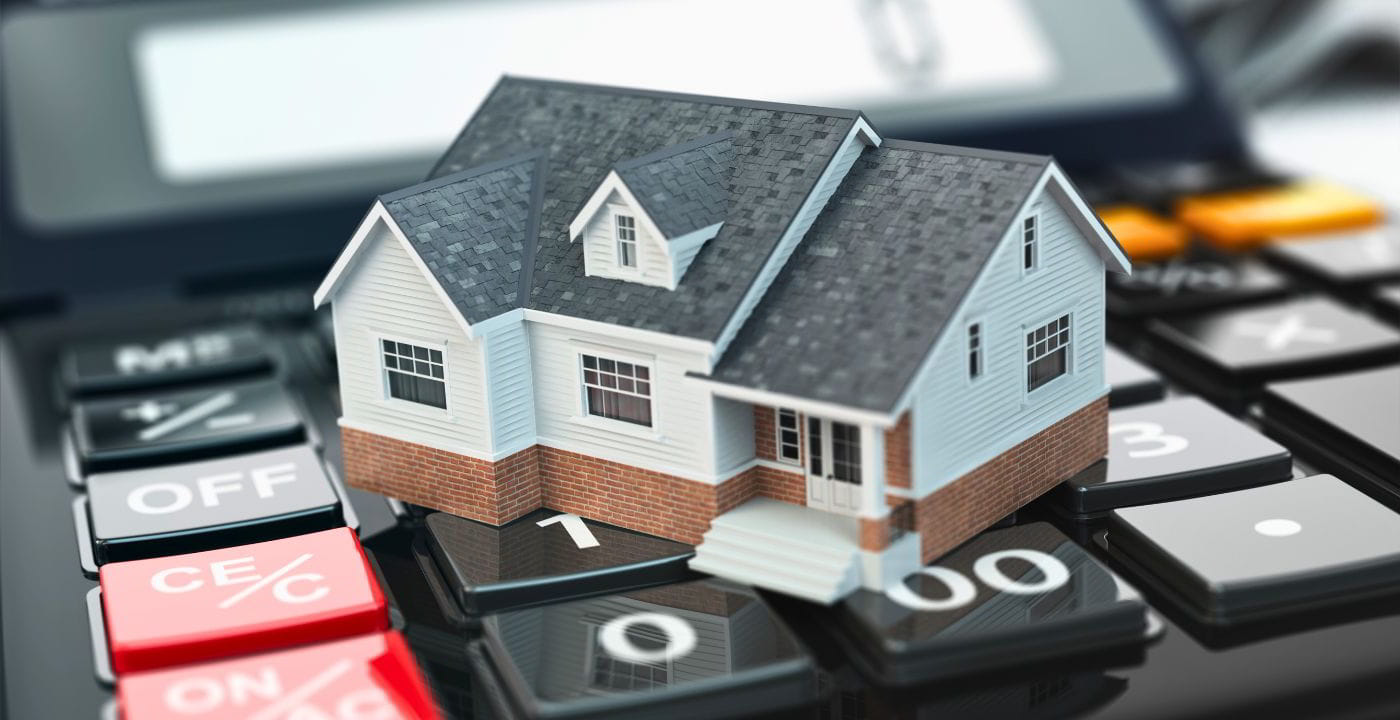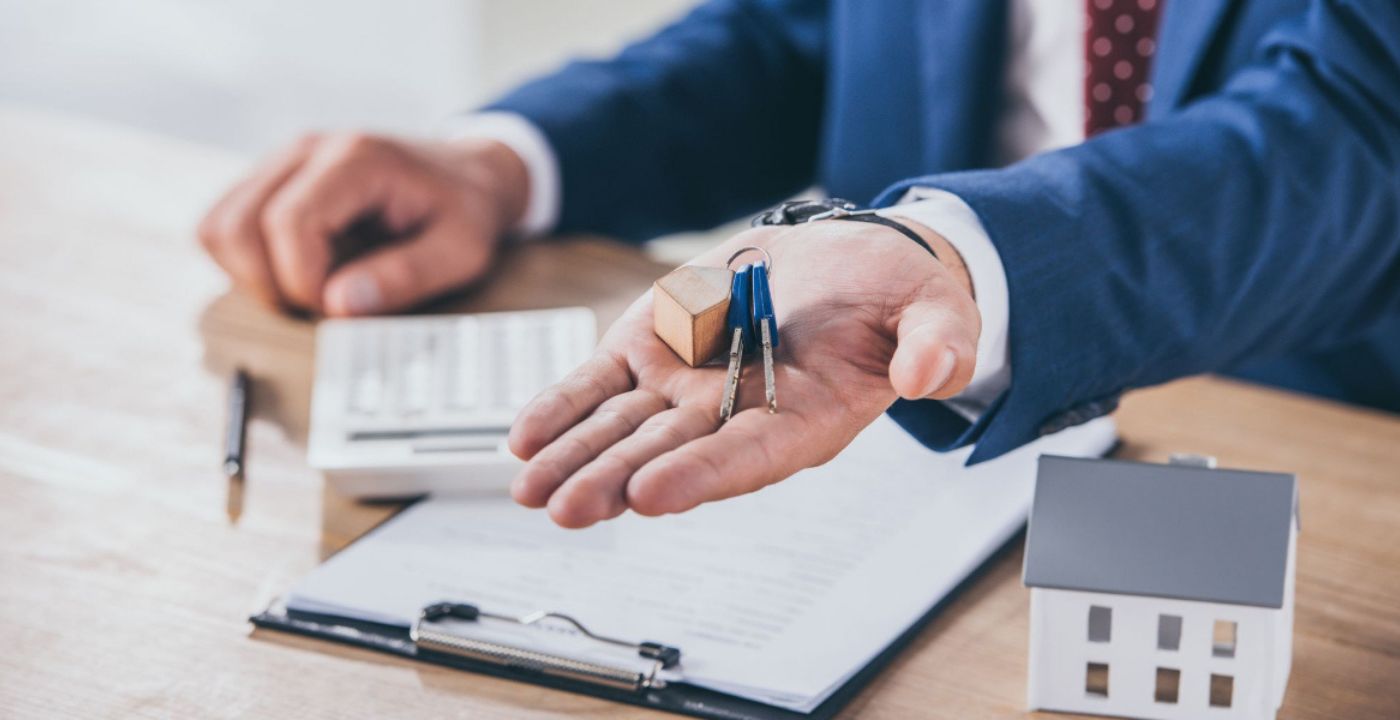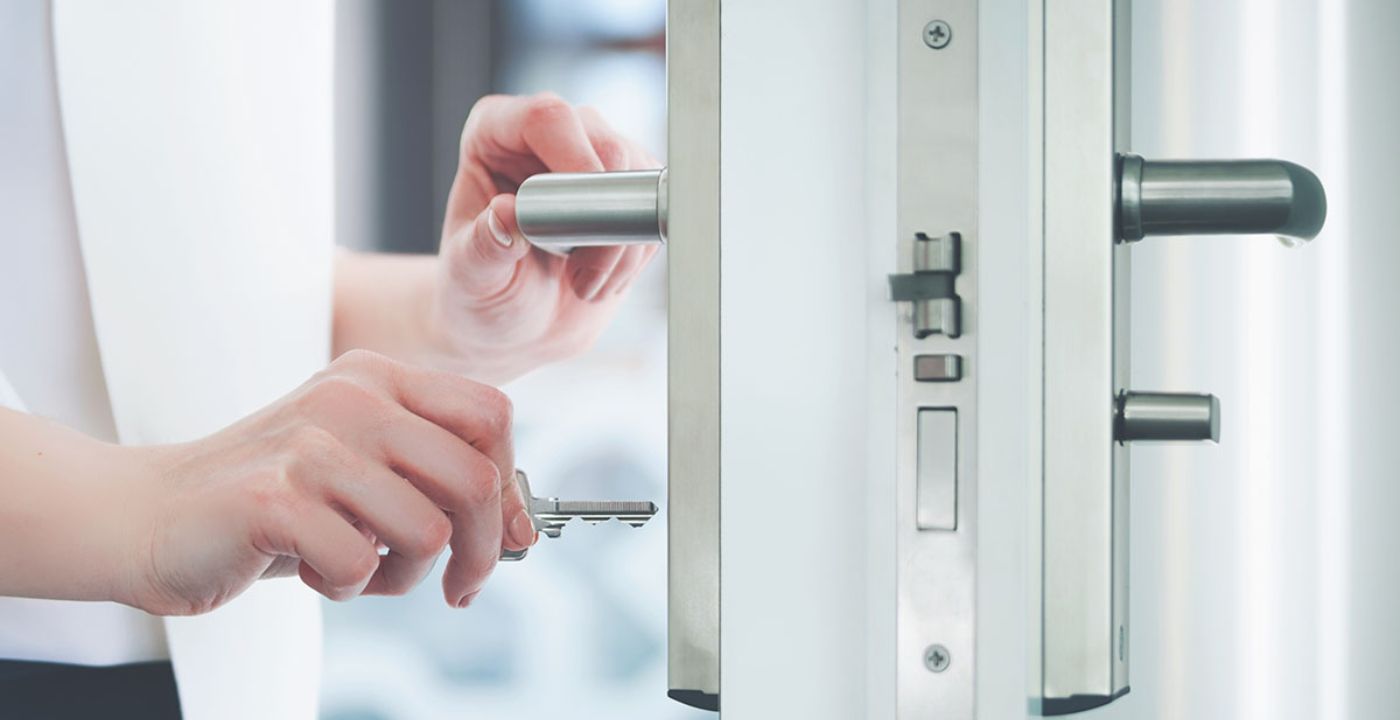
Key Summary
- Ways to keep your property secure include door and window security, setting emergency practices, alarm systems, and avoiding oversharing on social media.
- Landlords have a responsibility to their tenants to ensure that they are properly informed on fire routes, extinguisher locations, and important emergency information.
- Consulting security professionals or a property management company can be useful as they can advise on the best home security tips that are applicable for UK homes.
How to choose the best security measures for your property
When choosing security measures for your property, consider factors such as location, crime rate, and asset value. It is important to research different options, such as security cameras, alarm systems and more, from reputable brands, focusing in particular on reliability and advanced features.
Scalability and ease of use are also important, especially if you have multiple properties or need to provide access to tenants. Balance the cost-effectiveness of the security measures with your budget and compare prices, warranties, and ongoing maintenance costs.
Seek recommendations from trusted sources, such as security professionals, a property management company, or other landlords. Consider compatibility with existing systems, like property management software or smart home automation. Remember to tailor your choices to your specific needs and assess each option’s ability to provide efficient and streamlined security.
How can I make my rental property more secure?
1. Door and Window Security
To keep your property secure, you should install high quality deadbolt locks on all external doors. Consider using locks with ANSI Grade 1 or Grade 2 ratings and reinforce door frames using a specific kit to ensure superior resistance against forced entry. For windows, consider installing sturdy window locks to prevent unauthorised access, and add an extra layer of protection by using window security film.
2. Outdoor Lighting
A well-lit exterior can be a powerful deterrent to potential intruders. Install motion sensor lights around your property, especially near entrances, walkways, and parking areas, to illuminate dark spots and ensure any blind spots or dark corners are well lit to reduce hiding spaces for potential criminals. Utilise timers or smart lighting systems to automatically control your outdoor lights, creating the illusion of occupancy even when the property is vacant.
3. Alarm Systems
Investing in a professionally monitored burglar alarm system provides round-the-clock protection for your property. Displaying signs and stickers indicating your property is protected by a security alarm system can act as a deterrent. Consider smart alarm systems that offer remote control through smartphones and real-time alerts, along with video surveillance integration.
4. Surveillance Cameras
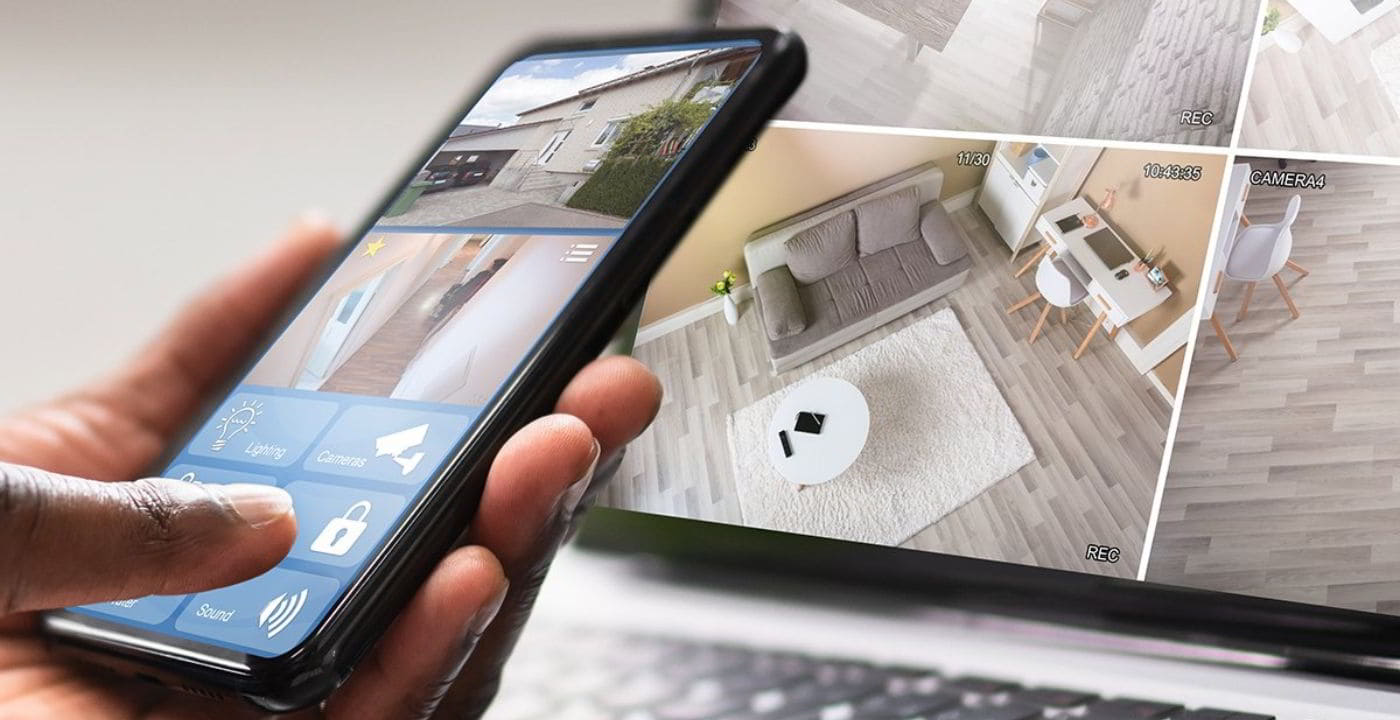
Enhance your property’s security by strategically deploying surveillance cameras, covering key areas such as entrances and parking spaces. Select a reliable video storage and monitoring system, with cloud storage so that you can access the footage remotely. It is also worth choosing a system that has night vision capabilities for optimal surveillance
5. Property Access Control
Install sturdy fencing and secure gates around your property to limit unauthorised access. Keyless entry systems, utilising codes or electronic access cards, offer enhanced security and convenience, reducing the risk of unauthorised key duplication. Intercom systems at property entrances help verify the identity of visitors before granting access.
6. Landscape and Property Maintenance
Regularly trim overgrown vegetation near windows and entrances, as it can provide cover for criminals and obstruct visibility. Secure outdoor storage areas to prevent theft of tools, equipment, or personal belongings. Maintain clear lines of sight from the street and neighbouring properties to increase visibility and deter suspicious activities.
7. Emergency Prep
It is important, not only for a property but also for the occupants, to install smoke detectors and carbon monoxide detectors as these offer the best, and earliest detection for fire and carbon monoxide leaks.
If you are a landlord, educate your tenants on fire safety measures, providing clear information on escape routes and fire extinguisher locations. If you have a HMO (housing of multiple occupation), be sure to display clear emergency exit plans in common areas and provide instructions for emergency situations.
8. Insurance and Legal Considerations
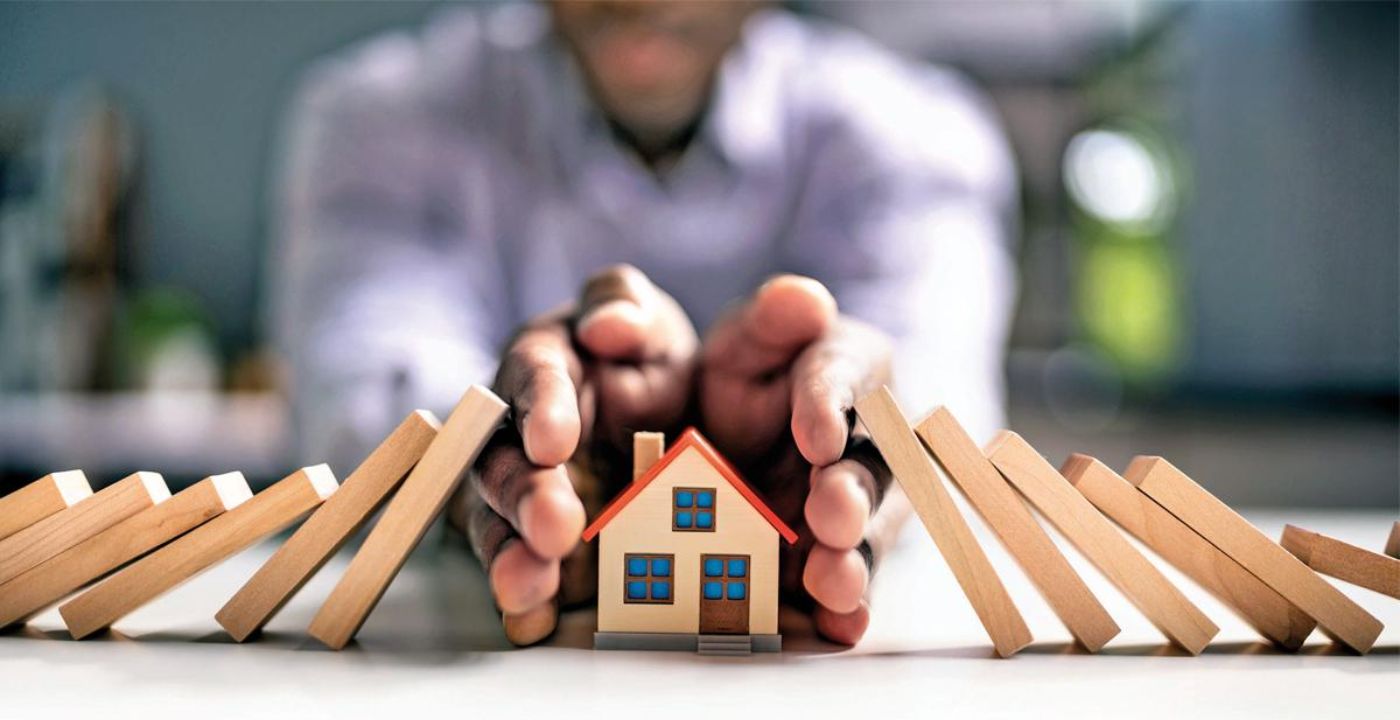
It is important to ensure that your property has adequate insurance cover, whether you are a landlord or a homeowner. Many policies offer additional coverage for security-related risks that are worth considering to ensure you have maximum protection.
If you are a landlord, it is important to familiarise yourself with security requirements and regulations, including any legal obligations. While specific security requirements may vary depending on the location and type of property, landlords in the UK have a duty to provide a safe and secure environment for their tenants.
Some common security requirements for landlords include:
- Adequate locks on external doors and windows to prevent unauthorised access.
- Properly functioning smoke detectors and carbon monoxide alarms.
- Well-maintained fencing and secure gates to restrict access to the property.
- Adequate outdoor lighting to deter potential intruders.
- Compliance with relevant fire safety regulations.
- Regular property inspections to identify and address any security vulnerabilities or maintenance issues, for example, electrical faults.
- Educating tenants on security best practices and emergency procedures
9. Technology Protection
Technology is often a useful tool for protecting your property but there are also elements that can leave you exposed.
It is important to password protect your wifi network to keep your private information safe as hackers can use these details to monitor your home and even take control of security devices, such as alarm systems.
Another important factor to consider is to not advertise when you are away from your property on social media. Keep holiday posts for when you return so that you aren’t alerting people to the fact your property is empty.
Frequently Asked Questions
Can a landlord install security cameras in the UK?
Landlords in the UK can install security cameras on their rental properties, however it is essential to adhere to the guidelines outlined in the Information Commissioner’s Office (ICO) CCTV Code of Practice. Landlords must ensure that the cameras are used in a way that respects the privacy rights of their tenants and complies with data protection laws. It is advisable to inform tenants about the presence of security cameras and their purpose.
Can a landlord change the locks?
Landlords have the right to change locks on their rental properties in certain circumstances but it is important to follow the legal procedures outlined in the Tenancy Agreement and the Housing Act 1988. We would recommend consulting with a legal professional before changing the locks to ensure you are compliant with laws and regulations. Landlords should also provide new keys to tenants promptly after changing the locks.
Can a tenant install a security camera in the UK?
Tenants in the UK are generally allowed to install security cameras in their rented properties, but they must obtain the landlord’s permission first. It is crucial for tenants to discuss their intention to install security cameras with their landlord and reach an agreement regarding the installation, positioning, and potential impact on the property.
Tenants should also comply with any restrictions or guidelines set by the landlord and ensure that the cameras do not infringe upon the privacy of other residents or neighbouring properties.
Conclusion
By implementing these top home security tips, you can create a secure living environment for your tenants and protect your property from potential threats. Remember, prioritising security not only safeguards your investment but also provides peace of mind to everyone residing within your property. Stay proactive, stay secure!



